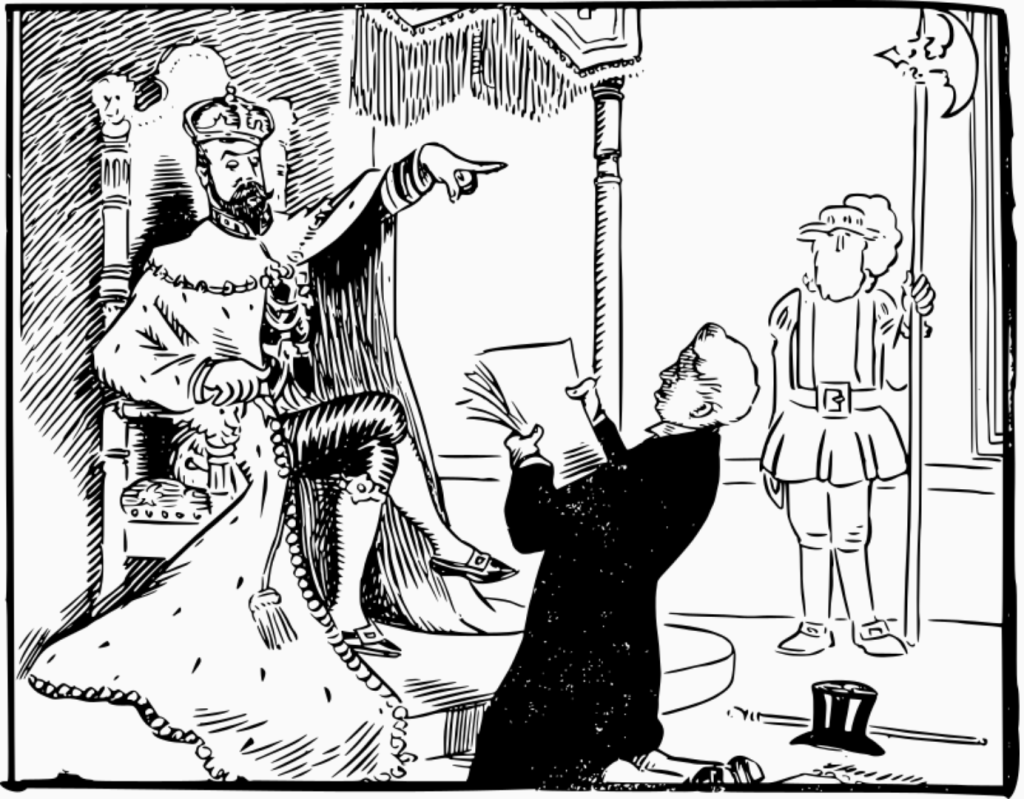
Have you ever felt like you’re perpetually under a dark cloud? Do your relationships often feel like they’re sinking ships? Does solitude seem like your constant companion? If so, you might be unknowingly emitting signals of an offensive personality through your body language, words, or tone of voice.
Unlocking the Enigma of an Offensive Personality
If we were to distill the concept of an offensive personality into two words, it might be “morally repugnant.” Dictionary.com characterizes “offensive” as something repugnant to moral sensibilities or insulting. A personality, on the other hand, is the structured pattern of an individual’s behavioral characteristics. In essence, an offensive personality is a behavioral pattern that repels, irritates, or insults others, often without the person being aware of it. It’s a scenario no one wishes to find themselves in.
Telltale Signs of an Offensive Personality
- High Sensitivity to Criticism: You react strongly to any form of criticism, even constructive feedback.
- Low Self-Esteem: Your self-esteem is fragile, and you might overcompensate by projecting arrogance or condescension.
- Self-Righteousness: You tend to adopt an indignant and defensive stance, especially when challenged.
- Anger in Response to Contrary Opinions: Differing viewpoints trigger anger or even rage within you.
- Projection of Negative Traits: You unconsciously attribute qualities or behaviors to others that you refuse to acknowledge in yourself.
- Weak Personal Boundaries: Your boundaries in interpersonal relationships are often blurred or nonexistent.
Understanding and Addressing an Offensive Personality
An offensive personality can stem from deeper issues, such as insecurity, shame, or vulnerability. Often, these behaviors were developed as coping mechanisms during adolescence in response to overprotective or neglectful parenting. Recognizing the signs is the first step towards improvement:
- Seek Honest Feedback: Ask people who’ve known you for a long time for their insights into your behavior and what might be irksome about it.
- Professional Guidance: Consider consulting a life coach, psychologist, or spiritual leader for assistance in understanding and managing your offensive tendencies.
Preventing an Offensive Personality
Prevention is the best intervention if you can overcome denial and admit there’s a problem. Confrontation and a 180-degree shift in behavior are essential. In severe cases, medication might be recommended. Healthline.com suggests that combining prescription medications with psychological counseling is often successful in treating personality disorders. Continuation of treatment, even when you start feeling better, is crucial for managing the condition.
An offensive personality doesn’t have to define your interactions with others. With awareness, effort, and, if necessary, professional support, you can transform your behavior and nurture healthier relationships.





